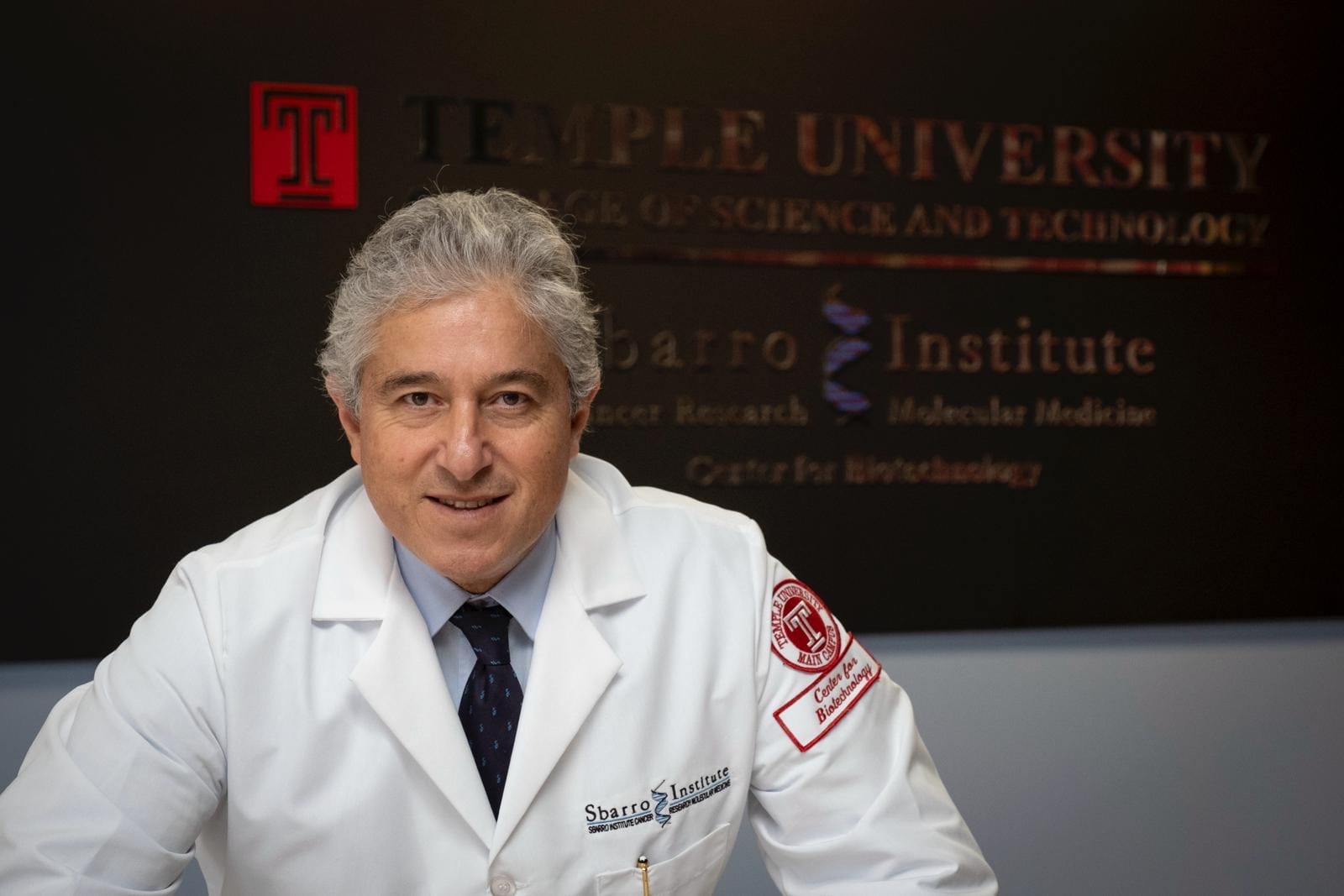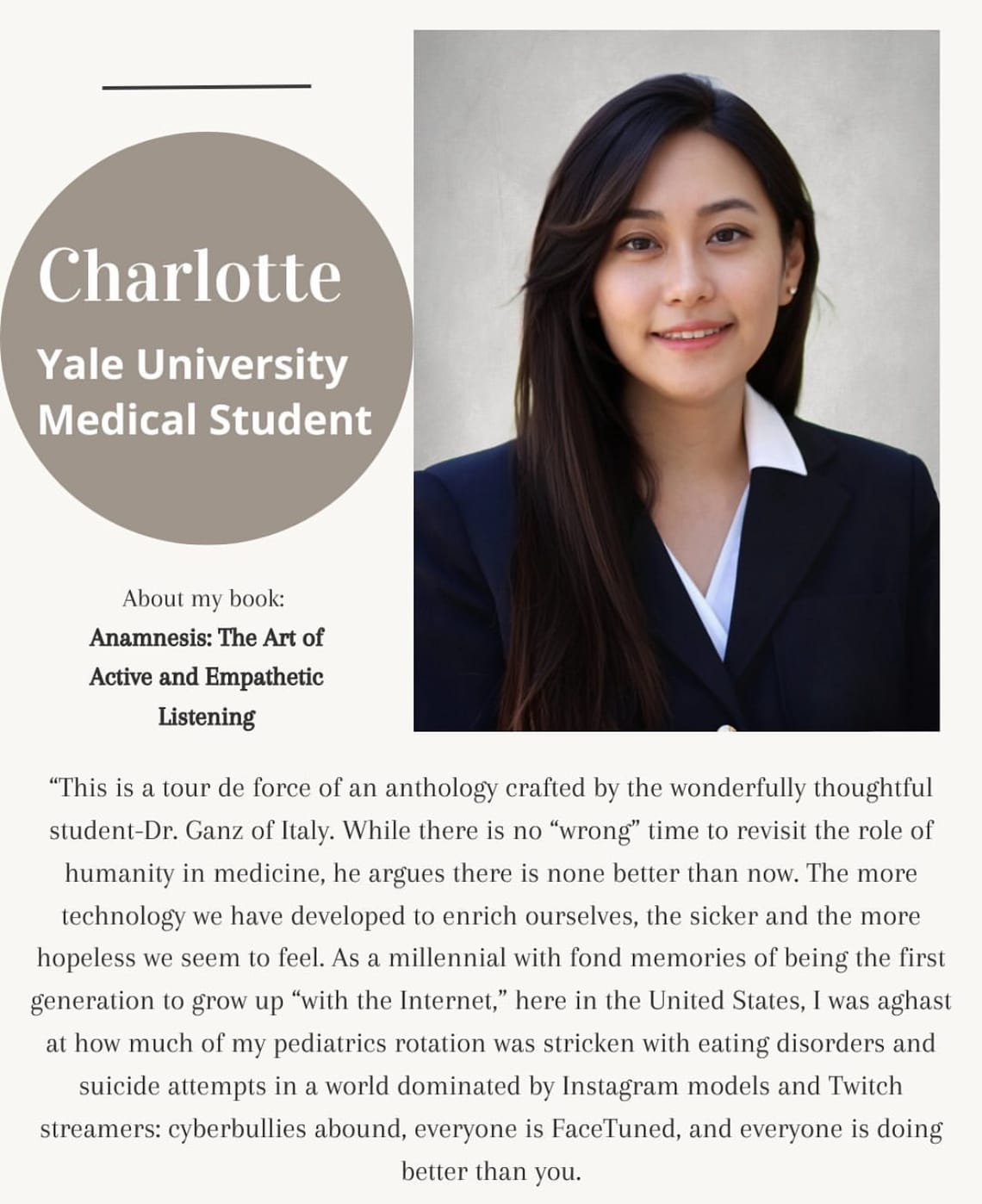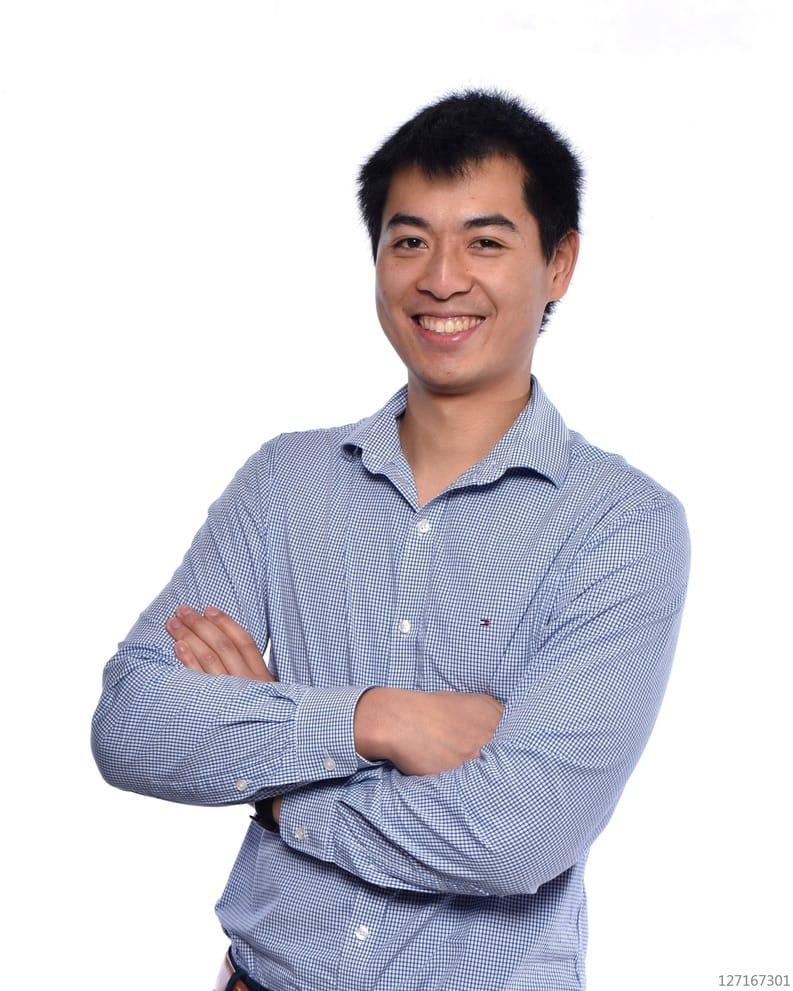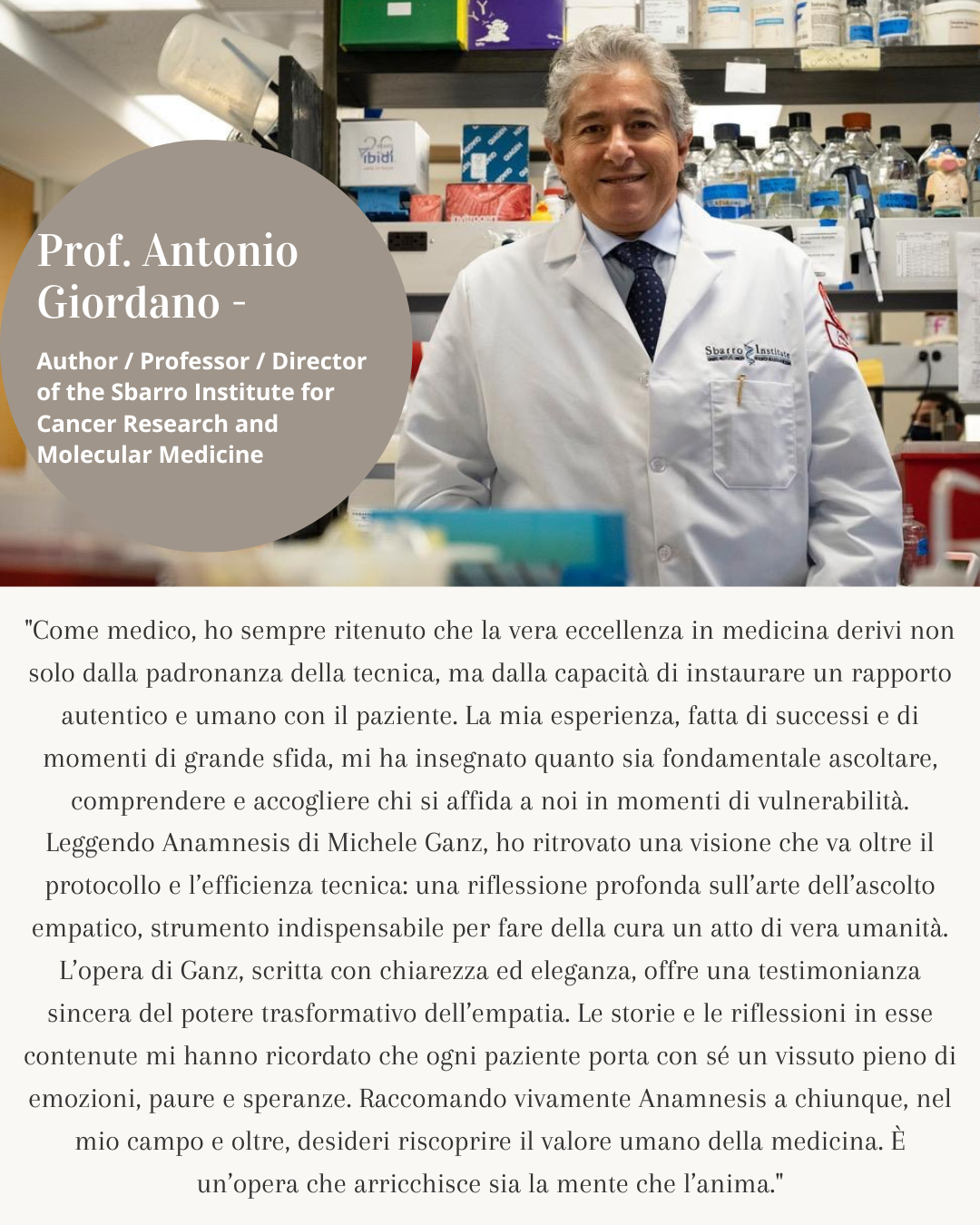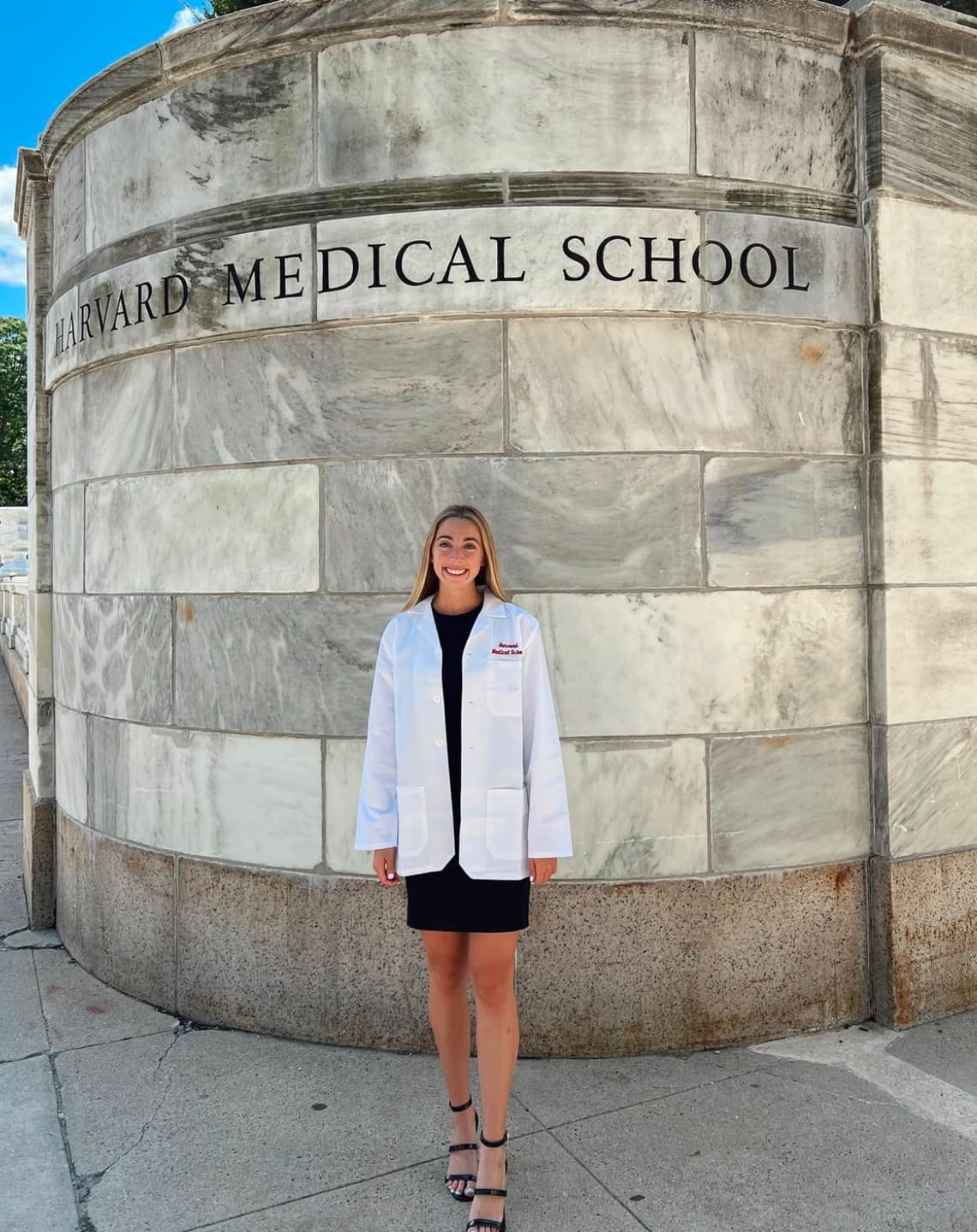Director, Sbarro Institute for Cancer Research and Molecular Medicine, Temple University, Philadelphia, USA
Professor of Anatomy & Pathological Histology
Department of Medical Biotechnology, University of Siena
Philadelphia, (PA) USA
"For centuries, faith and science have been like two actors sharing a stage, influencing each other throughout history. As Einstein said, religion, spirituality, and science coexist and influence each other, forming a kind of intertwining over time. This connection has proven important for recent medical discoveries.
Science, philosophy, and theology have something in common: God. The critical reasoning of philosophy, like that of Saint Augustine, approaches Christian faith in an integrated manner, not separately. God has always played a central role in both religion and science, as evidenced by figures like Pope John Paul II and William Daniel Phillips.
Scientific discoveries, especially in medicine, have been made possible thanks to a unique collaboration between faith and science. Today, doctors recognize the importance of considering not only the scientific aspect but also the aspect related to spirituality, especially when traditional therapies fail.
The link between science and religion is particularly important when it comes to assessing individual suffering. The perception of pain, especially in complex situations like chronic pain, is influenced by various external factors.
Roger Bacon, considered the founder of the scientific method, argued that religion has constantly contributed to scientific progress. The search for explanations for the world, the meaning of life, and a dignified way to face death is connected to being human.
Faith, whether Christian or of another type, has always been an integral part of every individual's history, playing a fundamental role in science and research. As doctors, it is our duty to raise awareness in communities about this connection, adopting an approach that finds the best for those facing illness.
Finally, spirituality and religion are essential for understanding human pain. In situations without definitive cures, we can offer support by helping the individual understand their role, modified by illness but still capable of shaping their own life with dignity. The duty of the doctor is to share this information in a fair and compassionate way, actively and empathetically listening to help the patient make correct and informed decisions."
